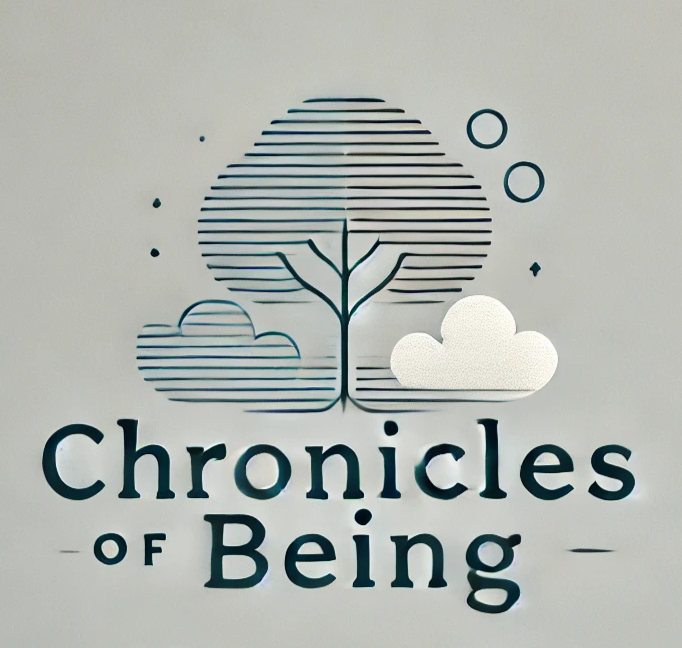With recent developments, including our prime minister labeling the nation as beggars, visa bans imposed due to perceived behavior, and the requirement for character certificates for religious pilgrims, it seems our national image as a “nation of beggars” has been solidified. Instead of denying this perception, perhaps it is time to own it and strive for excellence in the domain where we are most recognized.We may lack the ability to produce world-class technology, commodities, or art, but with a bit of effort, we can undoubtedly position ourselves as the world’s leading supplier of high-class beggars. To achieve this, a state-supported framework is necessary to professionalize begging and establish it as a skill-based global export.
Defining the Qualities of a Great Beggar
Humility and Perseverance
Begging is not as effortless as it appears. A professional beggar must never display aggression or rudeness, as such behavior alienates potential donors. Calmness and politeness are essential traits to cultivate, ensuring a favorable impression. Regular training sessions can instill these qualities, enhancing the overall effectiveness of beggars.
An Aura of Innocence and Oppression
Effective beggars evoke pity, compelling donors to act out of compassion. Therefore, creating the “look” is crucial. This includes mastering facial expressions that project poverty and helplessness. Specialized training in body language and appropriate “makeover” techniques can significantly enhance a beggar’s emotional appeal.
Complementary Artistic Skills
Adding aesthetic value to begging, such as playing a simple tune on a flute or performing basic dance steps, can attract attention and increase generosity. The goal is not to become a virtuoso but to provide a pleasant distraction that elicits goodwill. Training in simple artistic skills can be a game-changer for professional beggars.
Institutional Support for Excellence
The government should spearhead this initiative by:
Establishing Training Institutes:
Creating specialized centers to train individuals in the art and science of begging, from effective communication to emotional manipulation techniques.Recruitment and Assessment: Identifying suitable candidates for the occupation, particularly those with physical disabilities, melancholic demeanors, or diminished self-esteem, as they are naturally suited for this role.
Controlled Export of Beggars:
Facilitating the placement of trained beggars in affluent countries to optimize remittances while maintaining diplomatic ties by regulating their numbers.
Long-Term Vision: A Global Industry
As the strategy matures, the government can monetize its expertise by exporting training programs to other nations with unemployed populations. Much like arms exports, the “art of begging” can become a lucrative sector, generating significant revenues for the state.By professionalizing this oft-stigmatized practice, we can transform a perceived weakness into a competitive advantage, redefining our national identity on the global stage. With state support and strategic planning, Pakistan can become a global leader in the production and export of high-quality, professional beggars.


Leave a Reply